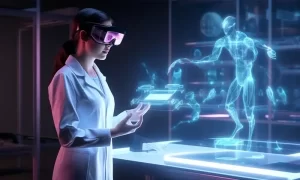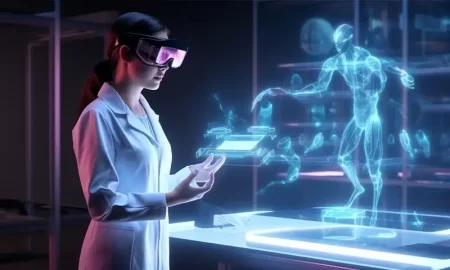The Power of Skills in Shaping Our Future Workforce
In today’s dynamic job market, where technological advancements and global changes constantly reshape industries, the importance of skills in shaping our future workforce cannot be overstated. From technical proficiencies to soft skills, the ability to adapt, learn, and innovate has become a cornerstone of success in virtually every field. Let’s delve deeper into why skills are the driving force behind the evolution of our workforce and how individuals and organizations can harness this power for a prosperous future.
Understanding the Landscape: Why Skills Matter More Than Ever
Gone are the days when a single degree or specialization could guarantee a lifelong career. With automation, artificial intelligence, and globalization disrupting traditional job roles, employers now seek candidates with a diverse skill set that enables them to navigate an ever-changing environment. From critical thinking and problem-solving to communication and collaboration, the demand for versatile skills transcends industries and job functions.
The Rise of Skill-Based Hiring: A Paradigm Shift in Recruitment
In response to the evolving needs of the workforce, many companies have shifted their focus from credentials to competencies. Rather than solely relying on academic qualifications, employers are increasingly prioritizing candidates who demonstrate relevant skills and the ability to apply them effectively. This trend has given rise to skill-based hiring practices, where assessments and practical evaluations play a pivotal role in candidate selection.
Bridging the Skills Gap: Empowering Individuals for Success
Despite the growing emphasis on skills, there exists a significant gap between the skills demanded by employers and those possessed by job seekers. To bridge this gap, individuals must take proactive steps to acquire and develop in-demand skills through education, training, and hands-on experience. Whether through online courses, vocational programs, or apprenticeships, lifelong learning has become essential for staying competitive in today’s job market.
Embracing Lifelong Learning: The Key to Continuous Growth
In an era of rapid technological advancement and economic uncertainty, the concept of lifelong learning has gained prominence as a pathway to continuous growth and adaptability. By fostering a mindset of curiosity and a commitment to self-improvement, individuals can future-proof their careers and remain resilient in the face of change. Whether through formal education or informal skill-building activities, the pursuit of knowledge is a lifelong journey with no end in sight.
Cultivating a Culture of Skills Development: A Strategic Imperative for Organizations
For organizations seeking to thrive in an increasingly competitive landscape, fostering a culture of skills development is no longer optional but imperative. By investing in employee training and upskilling initiatives, companies can empower their workforce to stay ahead of the curve and drive innovation from within. From mentorship programs to cross-functional projects, creating opportunities for skill enhancement not only boosts employee morale but also enhances organizational agility and performance.
Conclusion: Empowering the Future Workforce Through Skills
As we navigate the complexities of the 21st-century economy, one thing remains clear: the power of skills in shaping our future workforce cannot be underestimated. Whether you’re an individual looking to advance your career or an organization striving for long-term success, prioritizing skills development is the key to unlocking potential and driving meaningful impact. By embracing lifelong learning, fostering a culture of continuous improvement, and harnessing the collective power of skills, we can build a future where everyone has the opportunity to thrive and succeed.












